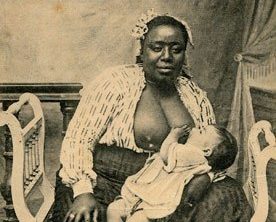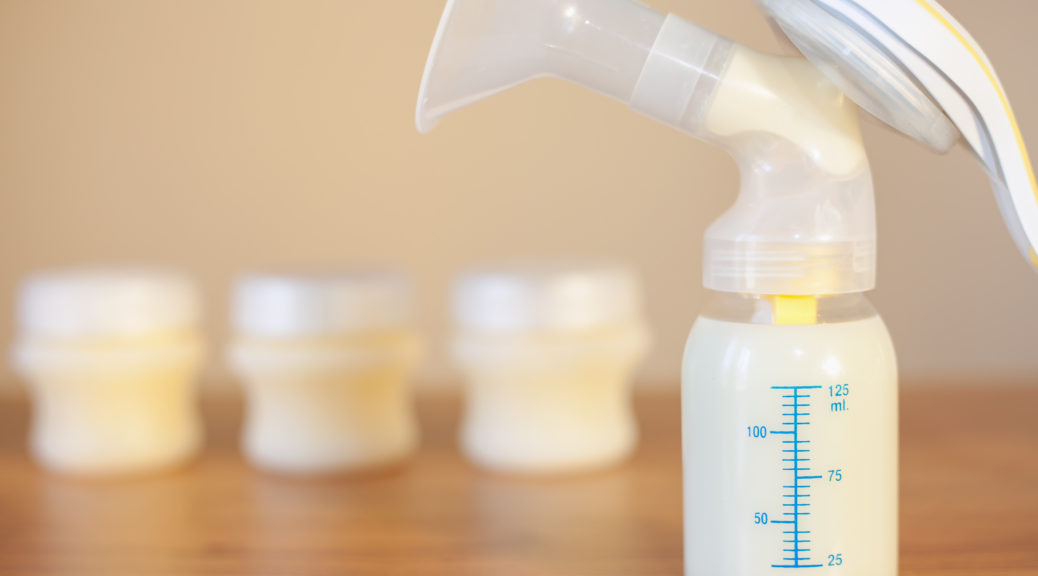My baby’s first days
This blog entry is intended for mothers who have just had a baby and need basic information about the baby’s behaviour, poos, feeding, sleeping, weight gain, or when to seek specialist medical advice. In these times of lockdown, isolation and cancellation of health check appointments, many of you have doubts about whether your baby is feeding properly. This is why we have created this post, so you can assess the health of your baby and see if there is something…









